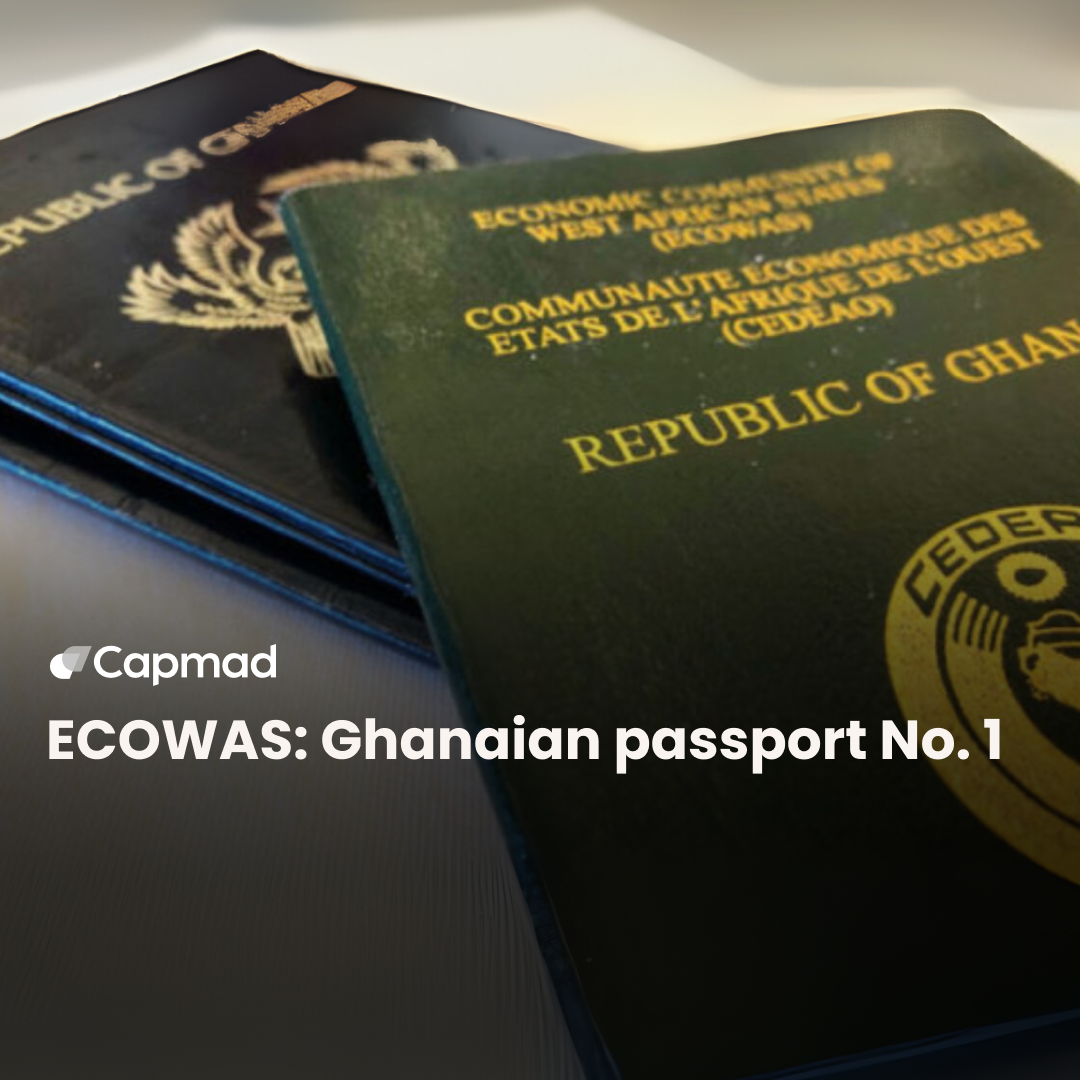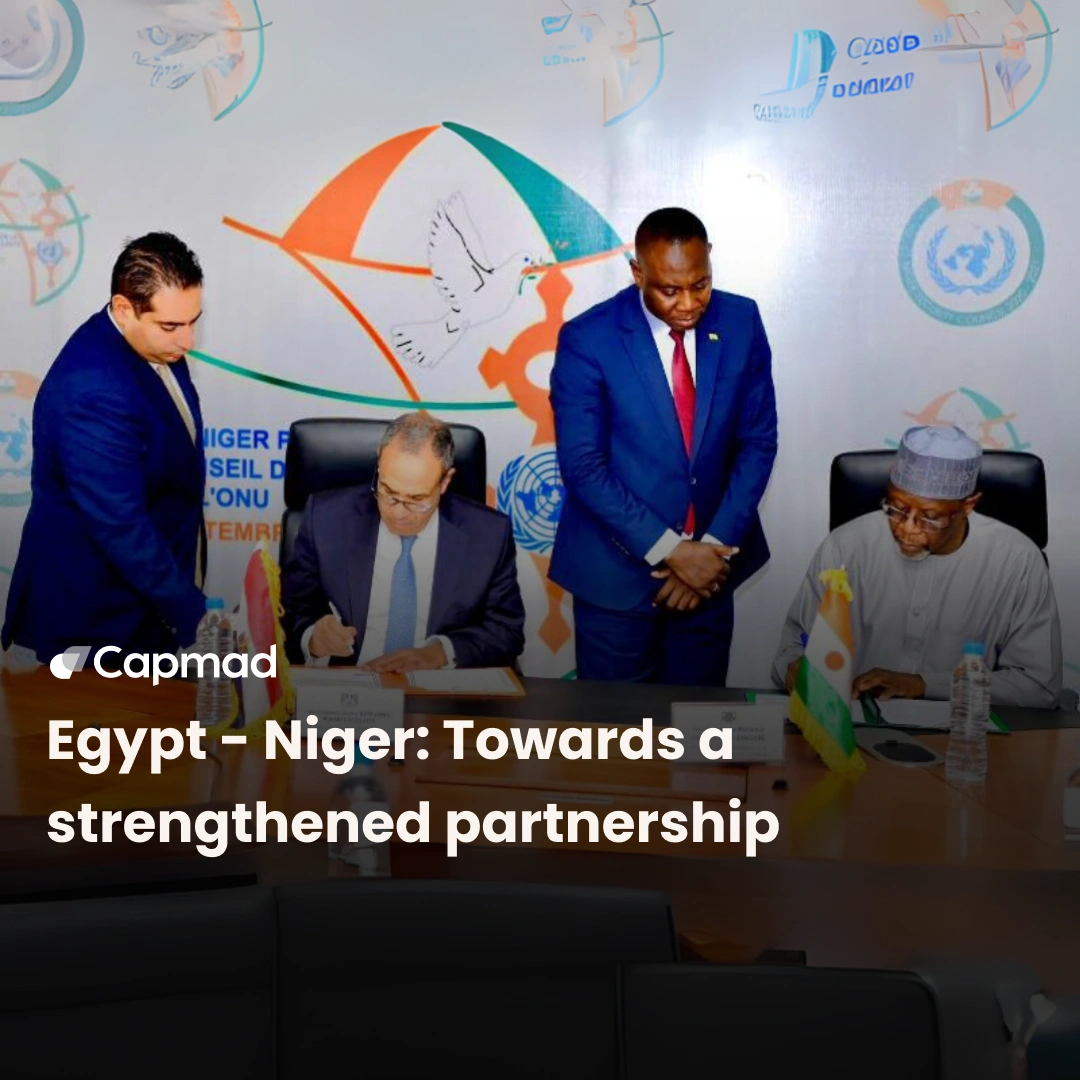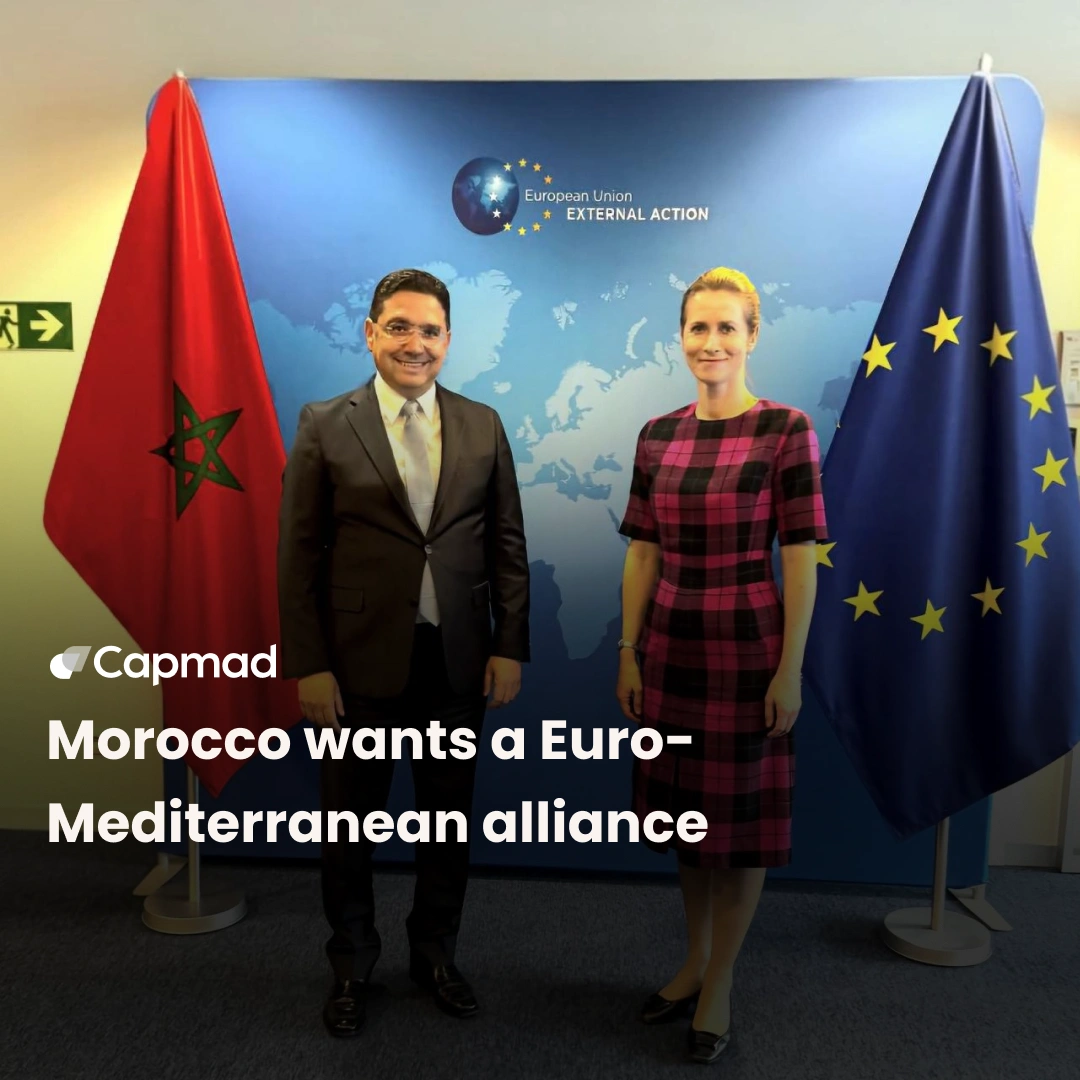Adopted by the UN in 2023, the High Seas Treaty aims to protect at least 30% of the oceans by 2030 by creating a legal framework for the management of marine protected areas located beyond national jurisdiction.
A historic Step for Ocean Protection
Ivory Coast, Liberia, Mauritania, and Guinea-Bissau recently ratified the High Seas Treaty, Greenpeace Africa announced on June 12, 2025, on the sidelines of the United Nations Ocean Conference held in Nice. This simultaneous ratification marks “a historic turning point” in Africa’s commitment to protecting marine ecosystems, joining Cameroon and Gabon, which had already ratified the treaty a few weeks earlier.
A Key Treaty for Global Marine Conservation
Adopted by the UN in 2023, the High Seas Treaty aims to protect at least 30% of the oceans by 2030 by establishing a legal framework for managing marine protected areas beyond national jurisdictions. It also regulates the sustainable use of marine genetic resources and requires strict environmental impact assessments.
French President Emmanuel Macron announced that the treaty is expected to enter into force on January 1, 2026, once 60 states have ratified the text. To date, 49 countries have already submitted their instruments of ratification, with several others—including these four West African nations—committed to joining the movement.
A still Modest but Crucial African
Despite Africa’s significant role in ocean governance, only a few African countries had ratified the treaty so far, including Seychelles, Malawi, and Mauritius. The recent ratification by Ivory Coast, Liberia, Mauritania, and Guinea-Bissau sends a strong signal in favor of increased African participation in high seas protection.
Dr. Aliou Ba, head of Greenpeace Africa’s Ocean campaign, emphasized that “Africa must not remain a spectator—it has the power and legitimacy to take the lead in ocean governance.” He warned of growing threats to coastal communities, including overfishing and the potential arrival of deep-sea mining.
Concrete actions expected for implementation
Greenpeace Africa now calls on these countries to translate this commitment into concrete actions, notably by creating marine protected areas, strengthening maritime surveillance, and honoring international commitments. The United Nations Ocean Conference in Nice, which brings together about sixty heads of state, provides a major platform to accelerate this momentum.
A regional momentum Underway
In West Africa, the recently adopted Praia Declaration by several countries calls for the signing and ratification of the treaty before the September 20, 2025 deadline. It also stresses the need to define national and regional roadmaps for implementation, involve civil society, scientists, and local communities, and strengthen state capacities through regional organizations such as ECOWAS and UEMOA.






